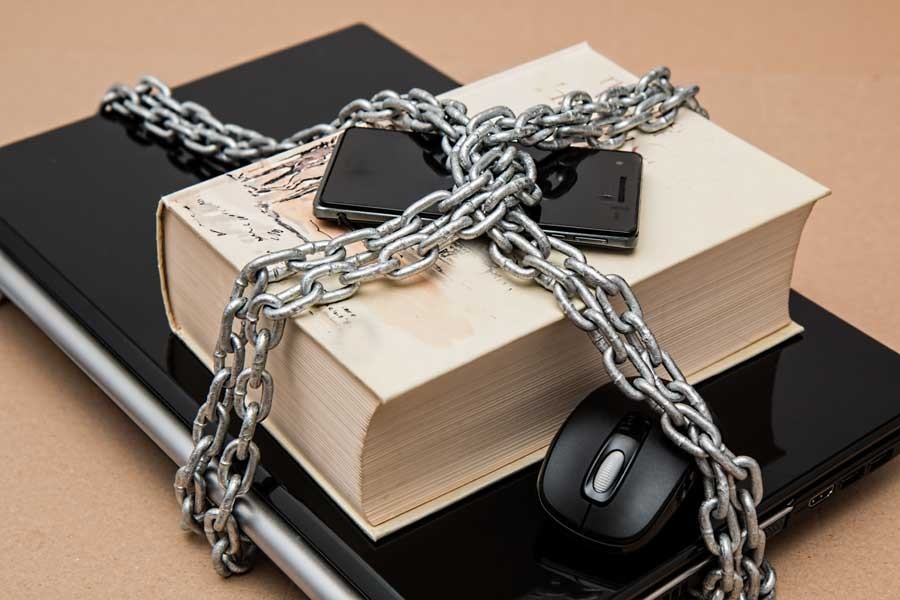Social media can be defined as "forms of electronic communication through which people create online communities to share information, ideas, personal messages, etc." Social media technologies take many different forms including blogs, business networks, enterprise social networks, forums, micro blogs, photo sharing, products/services review, social bookmarking, social gaming, social networks, video sharing, and virtual worlds. Basically, social media deals with the concept of freedom of expression. As a democratic country, the right to freedom of speech and expression is recognized in Article 39 and 43 of the Bangladesh Constitution.
While there is no straight reference of social media in the international instruments, nevertheless the following terms of the international and regional conventions have given strong indication of right to freedom of speech and expression in Article 19 of The Universal Declaration of Human Rights (UDHR), Article 19 (2) of International Covenant on Civil and Political Rights (ICCPR, Article 10 of the European Convention of Human Rights (ECHR).
It's easy to post an opinion or joke online. But that one tweet or Facebook status can reach an audience far beyond what is expected or intended. And if you say the wrong thing, you could face severe legal consequences. It is revealed from a study that maximum numbers of people were unaware that they could be sued for tweeting or facebooking an unsubstantiated rumour about another person. But if a false statement causes "serious harm" to a person's reputation, it may be vilifying under the existing criminal laws (Penal Code 1860) and ICT Act, 2006. A libel claim can also follow even where the person is not directly named, so long he can be identified from what is posted. Copyright law supports the fundamental idea that if a person created something, he can decide who else has access to it. This applies to the online world just as it does to the real world. The use of a photo or video posted online without the permission of the creator could be a breach of copyright. Copyright Act 2000 deals with issues regarding copyright infringement. Recently, e-commerce is a common affair in social media. But there are no specific laws on e-commerce activities.
Social media is a subject-matter of cyber and information technology. Bangladesh has introduced some specific laws on cyber and information technology issues, such as-- ICT Act, 2006 (amended 2013) and recently passed the Digital Security Act 2018. Despite the constitutional protection, various provisions of ICT Act, 2006 and Amendment of 2013 thereof has given huge discretionary power to the police, abuse of which is one of the major concerns at the moment. The Act has covered all the areas of negative propaganda against the liberation war, defamation, hurting religious values, spreading of hatred and creating enmity among different groups and communities that can cause deterioration of law and order etc.
Freedom of expression is a fundamental right and the government should always be careful about the rights of the people. Many general people, journalists and right activists fear that the government may use some of its controversial provisions as a sword rather than a shield to control their voices and activities. The government, on the other hand, claims that the new digital law will be used as a shield for the innocent and a sword for bad elements.
The Digital Security Act has provided wide discretionary power to the police, such as-- to search or arrest anyone without any warrant issued by a court if a police officer believes that an offence under the Act has been committed or is being committed, or there is a possibility of crime.
People or users of social media should be careful while expressing their views on cyber world and the government should not use the law to stop dissenting voices.
Md Nayem Alimul Hyder is Associate Professor, Department of Law and Justice North East University Bangladesh.


